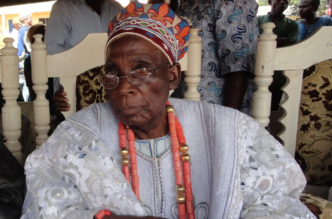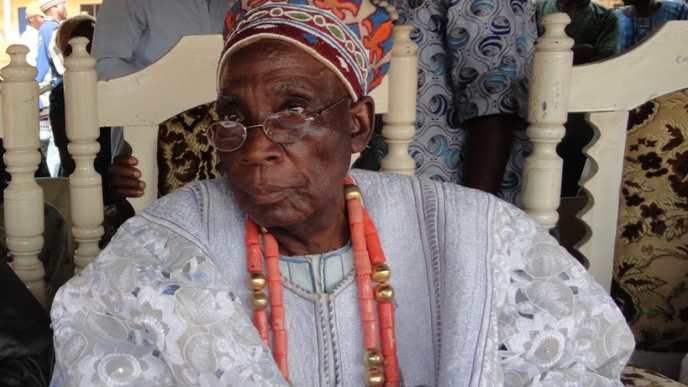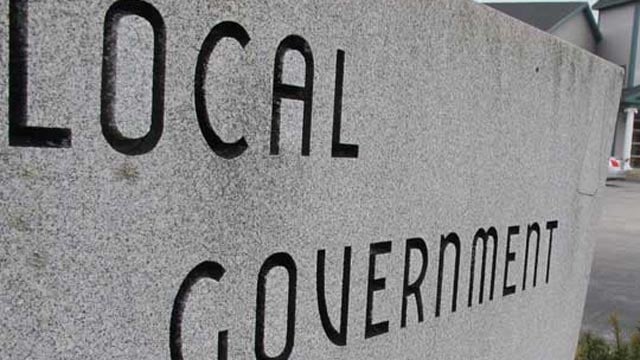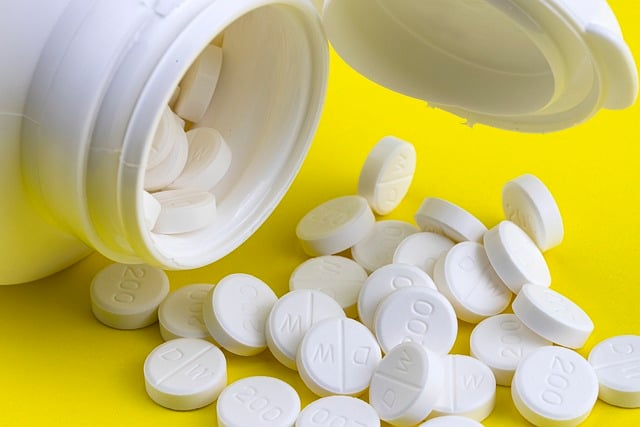Tinubu
BY VICTOR EMEJUIWE
The recently conducted #EndBadGovernance protest in Nigeria is a testament that majority of Nigerians are not in alignment with the federal government policies. The May 29th inauguration day declaration of “Subsidy is gone” coupled with the floatation of the exchange rate appeared as twin monsters that has brought unbearable sufferings to Nigerians.
There are diverse opinions to the merits and demerits of these policies in the long and short term. Some school of thought believes that the removal of subsidy would pave way for the successful implementation of deregulation of the downstream sector as contained in the Petroleum Industry Act. While others believe that the devastating effect of the subsidy removal on a country with 133 million, multidimensional poor citizens is not well thought out and would cause more harm than good.
On the other hand, the monetary policy to stabilize the exchange rate by floating the naira against the dollar was another bitter pill on Nigerians. Nigeria operates an import dependent economy with almost 80 percent of its consumables sourced from outside the country through the US Dollars. Before the Tinubu administration, the dollar was pegged at an official window of N750 to a dollar, but the floatation of the exchange rate which was originally meant to stabilize the naira failed for several reasons. First, as at the time the policy was made there was general scarcity of dollar. The election period contributed to the scarcity of the dollars which were mostly hoarded by politicians.
Advertisement
Secondly, Nigeria’s export to import balance was highly unfavorable, beyond crude oil, there were few exportable products from Nigeria compared to volume of import into Nigeria. The immediate effect of the currency floating left importers at the mercies of black marketers who then determines the exchange rate. The resultant effect of this, is the skyrocketed prices of goods and commodities in the market. Even until this day, the currency is yet to recover, the dollar exchanges from N1650 to $1. The daily fluctuation of the exchange rate has also given rise to instability in the prices of goods and services in the country.
Mr. President’s policy amounted to putting the cart before the horse, one would have expected that in line with the renewed hope agenda, the president would fight corruption in the oil and financial sector holistically before making a stern policy pronouncement in those sectors. Recall, during the fuel subsidy regime, there were several forensic reports on subsidy scams that implicated major oil marketers. Some marketers were identified to have falsified figures as subsidy claims and were paid subsidies even without supplying crude oil.
There were also report of diversion of PMS to other neighboring countries after subsidy was collected from Nigerian government for PMS consumption in Nigeria. There were also report of inaccurate measurement of crude exploration and actual quantity produced. These reports were an eye opener to the rots in the crude oil sector, which only requires a courageous leader to plug the leakages, recover the loots and prosecute the culprits.
Advertisement
In the same vein, some privileged few enriched them self through currency racketeering. With the connivance of persons in the nation’s highest financial institution, some Nigerians got the dollar at a lower rate, while majority were denied forex at the commercial banks. Some of these Nigerians who had easy access to the Forex refused to deposit them in the banks thereby creating artificial scarcity and they end up trading it at the parallel market for a higher rate.
The agelong corruption highlighted in these two sectors were symbol of bad governance that the president would have addressed. The President was also expected to deal decisively with oil theft and increase production of crude oil, so that Nigeria could earn more foreign exchange which would be made available for all Nigerians at the commercial banks, this would have helped to stabilize the currency.
Rather than outright removal of subsidy, the president would have also conducted an investigation into the mis-management of revenue allocated for turn-around maintenance of the nation’s refinery, recover and prosecute any government official or individual found wanting of diverting such funds and utilize the funds for the intended purpose of rehabilitating the refineries.
Subsidy removal would only make sense if the nations refineries are working and functioning at optimal level so as to create room for healthy competition with private investors under the deregulation of the down stream sector. Also rather than outright floatation of the naira, the president would have also made effort to increase Nigeria’s export viability through encouraging increased production of local commodities and use increase crude oil production as a low hanging fruit, for foreign exchange stabilization while also making policies that encourages diaspora remittance.
Advertisement
On this basis, the President should receive the message of curbing Nigerians of hunger loud and clear, he should not allow the lives lost to the #EndBadGovernance protest go in vain. He should recover stolen loots in the oil sector and plug leakages in the forex market. An immediate re-introduction on petrol subsidy and suspension of the floatation of naira policy is the best response to the yearning of Nigerians at this time.
Victor Emejuiwe is the monitoring and evaluation/strategic communication manager at Centre for Social Justice, Abuja
Views expressed by contributors are strictly personal and not of TheCable.
Add a comment









